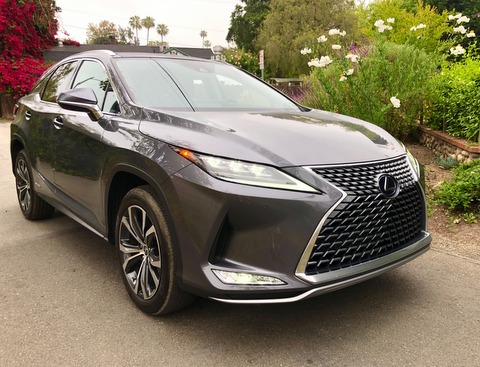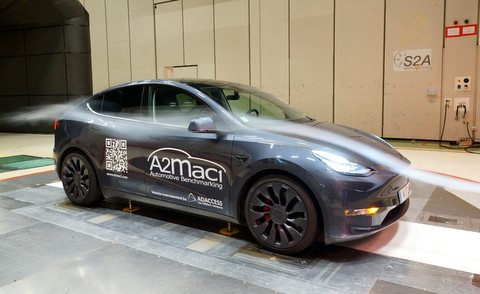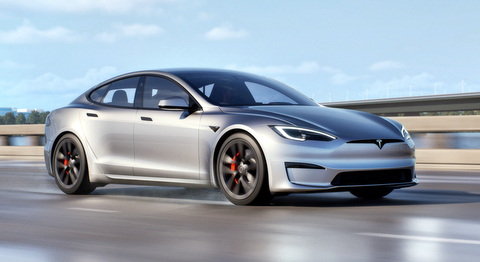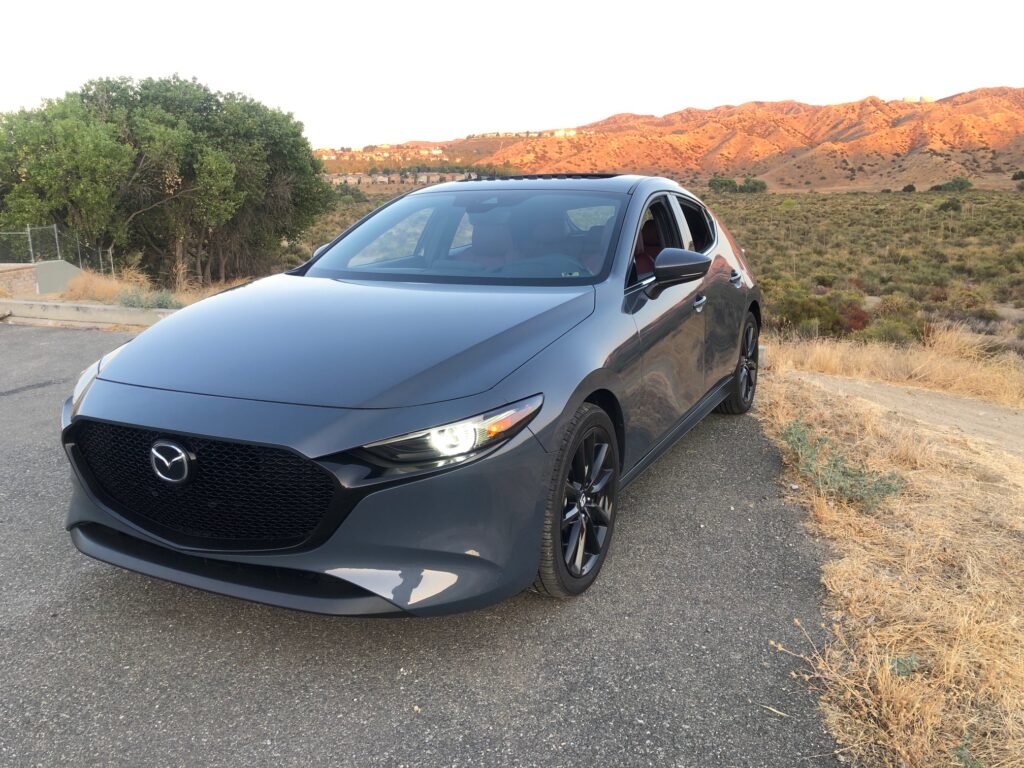Hybrid-Heavy Toyota and Lexus Are in Top Five
Electric and electrified models are building mixed reputations in the marketplace, according to this year’s report of automotive reliability from the respected publication, Consumer Reports. The report ranks how the entire lineup of a brand averages, but the authors offered some insights into the impacts of some key models.

At Clean Fleet Report, we typically only get to spend a week with a new car, so we don’t have any visibility into long-term issues, although we often hear (and report) about them. This is the kind of report that can round out your knowledge about a new car, along with a personal test drive, a check on safety ratings and potentially reports from friends or family who might already own the model.
The top five brands in the Consumer Reports survey are a mixed bag when it comes to electrified models. Toyota and Lexus (no. 2 and 3, respectively) have lineups peppered with hybrid vehicles so it speaks well for fuel-efficient technology’s reliability. On the other hand, the remaining three (Mazda, Buick and Honda) have relatively few electrified models, although Honda overall has a strong reputation for fuel efficiency.
Chevrolet moved up eight positions to No. 17 in large part because of the above-average reliability of the Chevy Bolt EV, according to Consumer Reports. BMW (No. 12, up five from last year) was boosted by the improved reliability of the redesigned 3-Series and X5 SUV (both of which have plug-in hybrid variants). Similarly, at Volvo (No. 18, up six positions) the new S60 and V60 have a plug-in hybrid models and XC40 comes in a full-electric, although it may not have been on the market soon enough to impact these ratings. Those three models in particular helped Volvo’s ranking increase this year.
Models that dropped in rankings were sometimes hurt by their electrified cars. A poor showing by the new Audi E-Tron was offset by some conventional models good reliability numbers so Audi stayed at No. 14. Ford’s redone Explorer and Escape SUVs, both of whom have hybrid models had low reliability numbers according to Consumer Reports that added to Ford’s six-place drop to No. 22. All-electric Tesla had problems with its new Model Y and ended up dropping two places to No. 25, only one notch above the bottom of the chart.
How the Rankings Were Compiled
Consumer Reports‘ brand-level rankings are based on the average predicted reliability score the all of the vehicles in the model lineup of the brand. Scores are calculated on a 0-100 point scales; average reliability scores fall between 41 and 60. Mazda’s industry-leading score this year was 83; on the other end, Lincoln has a score of eight. Several manufacturers has too few models or generated insufficient data for the magazine to rank them. They included Acura, Alfa Romeo, Chrysler, Fiat, Genesis, Jaguar, Land Rover, Maserati and Mitsubishi.

The report is based on information gathered from the 329,000 vehicles that Consumer Report members drive. New EVs unfortunately didn’t always live up to their trouble-free reputation, but often the issues reported were not related to the electric components.
Often, it’s not the EV tech that’s problematic, says Anita Lam, Consumer Reports associate director of automotive data integration. It’s all the other new technology that could show up on any car–new infotainment systems, more sophisticated power equipment and gadgets–that often gets put on new EVs to feed a perception that they’re supposed to be luxurious and high-tech.
Many details of the report are available online here, although some of the material is only available with a subscription to the publication. Three new models that had reliability issues–the Audi E-Tron, Kia Niro EV and Tesla Model Y–lost their recommended status with Consumer Reports because of the issues. As has often been the case with new models across the spectrum, those issues could be reduced or even disappear in future reports. Several EVs fared well in the report, including the Chevrolet Bolt and Nissan Leaf.
The Most/Least Reliable Models
It may be a quirk, but electrified models find themselves on both ends of the spectrum in reliability. Models that made the Top 10 most reliable modes in the Toyota Prius Hybrid, Lexus NX (which has a hybrid model), Toyota Prius Prime plug-in hybrid and Hyundai Kona (which has a full-electric version). Among the Bottom 10 are the Tesla Model S EV full-size sedan and two Volvo SUVs, the XC60 and XC90, both of whom have plug-in hybrid models.

The reliability surveys delve into 17 trouble areas to create the rankings, cataloging nuisance items like squeaky brakes and poor trim fit and finish to major issues such as transmission repairs and issues with 4WD systems. The severity of each issue is weighted to create the predicted reliability. At least two model years of data are required for a car to get a ranking.
The Full Reliability List
Here’s the list of how the brands finished this year with their ranking and reliability score (out of 100), as updated by Consumer Reports on Nov. 19, 2020:

- Mazda 83
- Toyota 74
- Lexus 71
- Buick 70
- Honda 63
- Hyundai 62
- Ram 58
- Subaru 57
- Porsche 55
- Dodge 54
- Infiniti 54
- BMW 52
- Nissan 51
- Audi 46
- Kia 45
- GMC 43
- Chevrolet 42
- Volvo 41
- Jeep 41
- Mercedes-Benz 40
- Cadillac 38
- Ford 38
- Mini 37
- Volkswagen 36
- Tesla 29
- Lincoln 8
Story by Michael Coates. Photos from Clean Fleet Report or manufacturers.

8 thoughts on “News: Consumer Reports Ranks Car Brands’ Reliability”